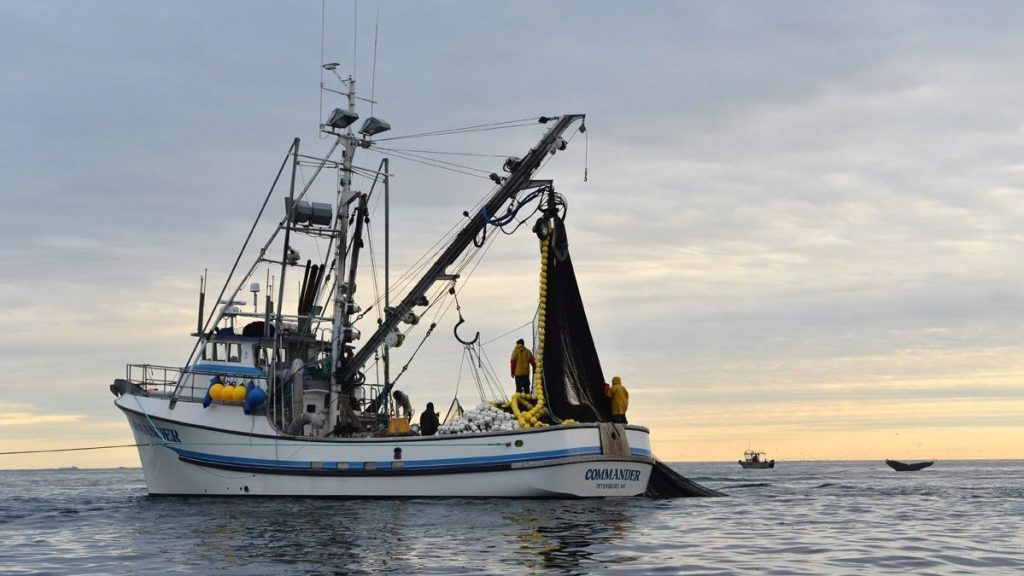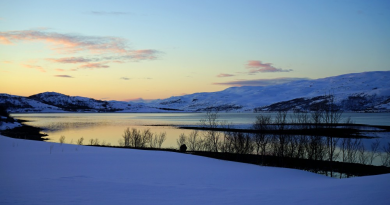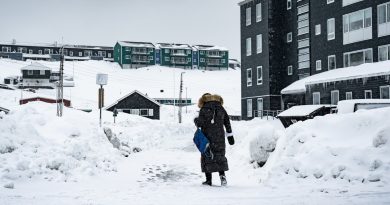Why does an Alaska Congressman want to change America’s beloved fisheries law?

The U.S. House of representatives on Wednesday passed a revision of the Magnuson Stevens Act sponsored by Alaska Congressman Don Young.
The original 1976 Magnuson Stevens is almost universally praised. It’s the law that keeps foreign fishing fleets off America’s shores and established regional management councils to rebuild fish stocks and ensure sustainable harvests. But Young’s renewal of the law is not without controversy.
Law needs more flexibility, says Young
Young always says the Magnuson Stevens Act was misnamed.
“I like (to) take pride in that bill. It’s my bill, the Magnuson Act,” Young said in an interview in his office before the vote. “It went over to the Senate and the Senate did what they usually do, they named it, the Magnuson Stevens Act. And it shouldn’t have been named that. I won’t go into what should have been named.”
Rightly or wrongly, the bill is named for the late Sens. Warren Magnuson of Washington and Ted Stevens of Alaska. But Young’s larger point is that he considers the law his baby and insists he would never do anything to undercut it. Young said his latest bill, H.R. 200, builds on the original idea that fisheries management should be built on sound science.
“That same goal is there but times evolve,” Young said. “Technology improved and we think it’s time the councils that are doing their jobs have a little more flexibility.”
Adding flexibility to the law is important, Young said, because the management councils know the facts of their fisheries better than Congress does.
For instance, in the House floor debate, Young pointed to the law’s 10-year deadline for stock rebuilding programs.
“If the fish come back quicker under this bill, (H.R.) 200, they can be fished at sustainable yield level,” he said. “Under the present law, which I wrote, they can’t do that. Otherwise we lose years and management of the fish for a period of time.”
Young said some people oppose his bill because they don’t want commercial fisheries to succeed.
Flexibility leads to overfishing, say opponents
It is the flexibility Young likes that is exactly what strikes some as a step backwards. Democratic Congressman Jared Huffman of California said Young’s revisions would open the door to the bad old days of overfishing, before Young – and the senators – created the Magnuson Stevens Act. Huffman led the opposition to Young’s modifications.
“So I find myself ironically in the position of defending the framework that (Young) essentially created, against my colleague’s attempts to make changes that I believe are fundamentally threatening to that very framework,” Huffman said.
Huffman cited a government estimate that if all the nation’s depleted fisheries were rebuilt, it would create an additional $31 billion in seafood sales.
“That’s why we want to keep these critical provisions that have worked so well, because we can do even better if we stay the course,” Huffman said.

Fishermen’s association advises caution
Linda Behnken of Sitka caught part of the House debate online, during a break in her fishing season. She is director of the Alaska Longline Fishermen’s Association and said it’s more important than ever to rely on science in fisheries management.
“As the oceans change right now, with warming oceans (and) ocean acidification, we can’t assume that fish have the resilience that we had thought they had in the past,” Behnken said. “We need to be particularly cautious.”
Behnken said the push for more flexibility is primarily coming from the recreational fishing sector in the Gulf of Mexico, which is seeking alternative management methods. She’s not in favor of straying from the principles in the Magnuson Stevens Act.
“A fish that’s dead is a fish that’s dead, no matter who caught it,” Behnken said. “So all sectors need to be held to annual catch limits if we’re to assure a health future for our fisheries.”
The chairman of the North Pacific Fisheries Management Council, whose jurisdiction includes the Bering Sea and the Gulf of Alaska, wrote a letter saying the Council doesn’t see the need for major changes to the Magnuson Stevens Act but also see the benefit of giving the councils more flexibility in some situations.
The bill passed the House 222-193 and next goes to the Senate, where its prospects are far from certain.
Related stories from around the North:
Canada: First Nations National Chief candidates tell Indigenous Northern Canadians to ‘exert your sovereignty’, CBC News
Finland: Can a high-pitched noise scare seals away from Baltic fisheries?, Yle News
Norway: Lower Barents Sea cod and haddock quotas, scientists advise, The Independent Barents Observer
Russia: Russia’s Arctic nuclear dump could become promising fishing area, The Independent Barents Observer
Sweden: Swedish drones to combat illegal eel fishing, Radio Sweden
United States: Alaskan Indigenous community group pushes for better fishing quotas, Alaska Public Media



